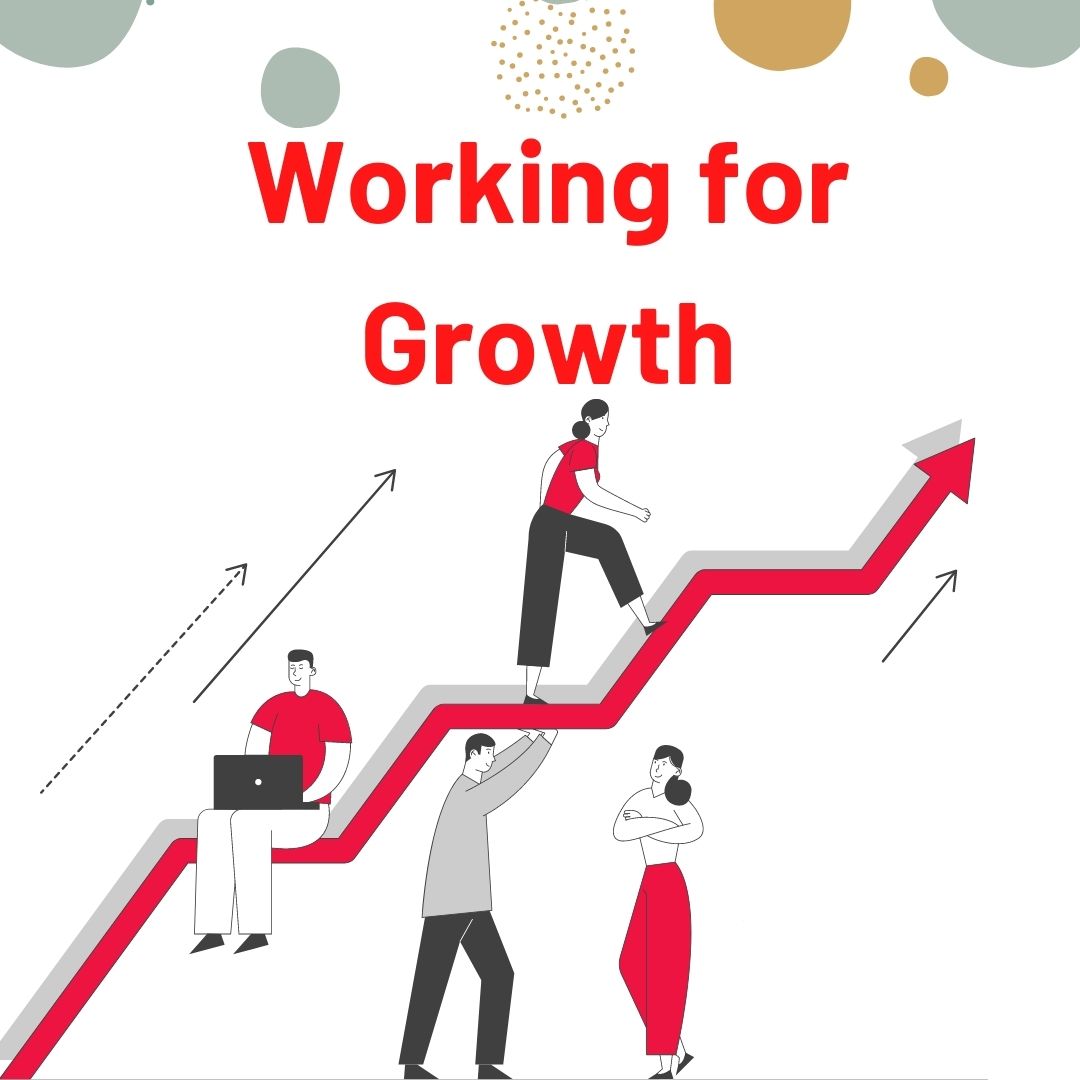Why are women who choose to start and create businesses small or otherwise, wear the label ‘women business owner’ rather than just being, like their male counterparts – a business owner. I have never heard the term “Men Business Owners” which demonstrates a clear perceived belief that businesses piloted by women will make less of an impact and contribution to the world and is therefore of less value and therefore, less than male operated businesses. This perception has its origin in the historical roles of women who were only qualified to be wives, mothers and home makers. Unfortunately or fortunately women still shoulder those roles AND create and run successful businesses despite the stifling barriers to entry.
Women own 11.6 million firms, employing nearly 9 million people, generating $1.7 Trillion in sales as of 2017 according to the National Association of Women Business Owners (NAWBO). That number rose to 12.3 million in 2020. One in five firms with revenues of $1 million or more is woman owned; that is 4.2% of all women owned firms have revenues of $1 Million or more. Based on these statistics it is clear that women greatly impact the economy and the quality of life of their employees.
Women have risen to the top in the corporate sphere because they have proven to be twice as good, twice as bright and twice as educated as their male counterparts -Sheryl Sandberg as an example- not because they were on par with men. In addition, successful women in business such as Judy Faulkner, Oprah Winfrey and Katie Rodan all self-made, have made it to the top in a male-dominated space by vacating the corporate structure, giving themselves he freed to create and execute their visions and strategies..
In general, women start a business to fulfill a dream, to provide for themselves and their families, inequity in salary and promotion or the inability to break the proverbial glass ceiling. Despite the growing numbers of women in business, women continue to struggle for funding, lack exposure and suffer from under representation. Grants and offers for start up capital for women are growing, but the funding levels are low and counter productive. Often, female start-ups have to decide how much of their idea or company to give away in the hope of growing their business venture.
While the numbers of women in business increase, sales remain unchanged year to year which has been attributed to the fact that their business are service rather than product related according to the Small Business Administration (SBA). A significant number of emerging women businesses are led by entrepreneurs which has its own set of barriers to entry notwithstanding the challenges associated with being female.
So, its true that women are great at running a business. Women contribute to the economy. Women in business are successful. All of these are statements of fact. However, it is clear that the playing field for women could be larger. Women could and should be making a greater impact. Why arent they? I am not an expert in the psychology of business but I daresay from my experience in business that the perception that successful women businesses are an exception and not the norm continues. Why? Women like society continue to buy into this concept. Women are just ‘trying a thing’ and are not serious business thinkers. This precept won’t change by expecting the male dominated culture to be more accepting. That change will be slow and cyclical. In the meantime the support given to women in business will continue to be associated with the notion that their ideas, thoughts and discoveries have less value.
The real change must come from women themselves; those women who have made it to the top but who have failed in large part to create a community of women that can offer support to women who need a helping hand. I have seen efforts by some women to do this but the effort is not nearly enough; more often than not it has been lunch and lip service. If I am mistaken in my conclusion, I welcome the feedback of those more informed in this arena and are willing to share more available and accessible opportunities. I believe that this kind of support is essential to the future growth and expansion of not just women in businesses but the economy as a whole.
Salomie Chung, Prizm4 Enterprises
Inspiring Infinite Possibilities



